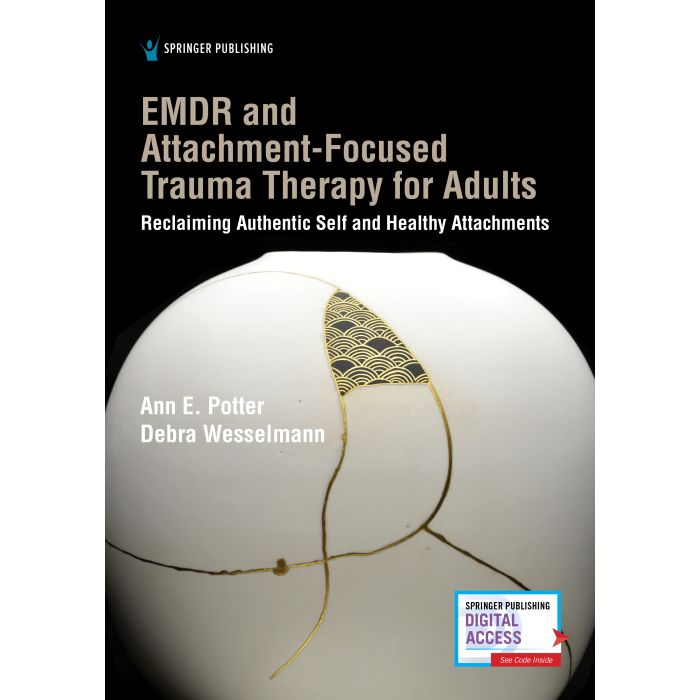Neurobiology of emotional trauma
Neuroimaging studies of successful EMDR treatment have consistently shown that patients exhibited increased frontal lobe activation.
Article Abstract
“An emotional trauma may induce a cascade of neurobiological events that have long-lasting consequences even altered gene expression. Early abuse and neglect can deregulate the child’s developing neurobiological system by reducing its resistance to stressful events, leading to later problems of emotional regulation. Children who have been subjected to physical or emotional abuse tend to pay more attention to signs that contain anger and are hypersensitive to threat. Scar hypothesis and the theories of behavioural sensitization or electrophysiological kindling suggest that emotional traumas may leave traces that persist even after remission of depression, and render individuals vulnerable to the onset of new episodes, even under the influence of only moderate psychosocial stress. Unfavorable early social experiences, such as emotional abuse or institutionalization can affect the structure and function of the prefrontal cortex. Exposure to repeated emotional stressors, even in the absence of post-traumatic stress disorder (PTSD) diagnoses, has been shown to produce increased synapse formation and dendritic growth in basolateral amygdala, dendritic retraction in the hippocampus, and anxiety-like behavior against specific triggers, such as phobia of open spaces. During the narration of an emotionally traumatic event, there is activation of the limbic system, the right amygdale, the orbitofrontal cortex and the anterior cingulate gyrus. In addition, there is an activation of the anterior insula, which records the physical impact of negative emotions, and the anterior and medial temporal cortex, which are involved in negative emotions. Neuroimaging studies in PTSD patients have found hypoactivity in the frontal lobe, anterior cingulate and thalamic areas, indicating the effects of PTSD on executive function, attention and cognitive, memorial, and affective and somatosensory integration. One of the most replicated findings in studies involving PTSD patients is the decreased activation of the dorsolateral prefrontal cortex. Studies have also found a negative correlation between the dorsolateral prefrontal cortex and amygdala activation. A recent meta-analysis revealed structural brain abnormalities associated with PTSD and emotional trauma and suggested that global brain volume reductions can distinguish PTSD from major depression. Neuroimaging studies of successful eye movement desensitization and reprocessing (EMDR) treatment have consistently shown that patients exhibited increased frontal lobe activation. Moving beyond diagnostic boundaries, focusing on the causal interplay between specific traumatic processes and using standardized measures, are useful directions for future research in memory, emotion and emotional trauma.”
—Description from publisher
Article Access
Open Access
Giotakos, O. (2020). Neurobiology of emotional trauma. Psychiatriki, 31(2), 162-171. https://doi.org/10.22365/jpsych.2020.312.162
Date
January 1, 2020
Creator(s)
O. Giotakos
Topics
PTSD
Practice & Methods
Mechanisms of Action, Neurobiology
Extent
10 pages
Publisher
The Νon-Profit Organization "Obrela", Athens, Greece
APA Citation
Giotakos, O. (2020). Neurobiology of emotional trauma. Psychiatriki, 31(2), 162-171. https://doi.org/10.22365/jpsych.2020.312.162
Audience
EMDR Therapists, Other Mental Health Professionals
Language
English
Content Type
Article
Access Type
External Resource, Open Access





